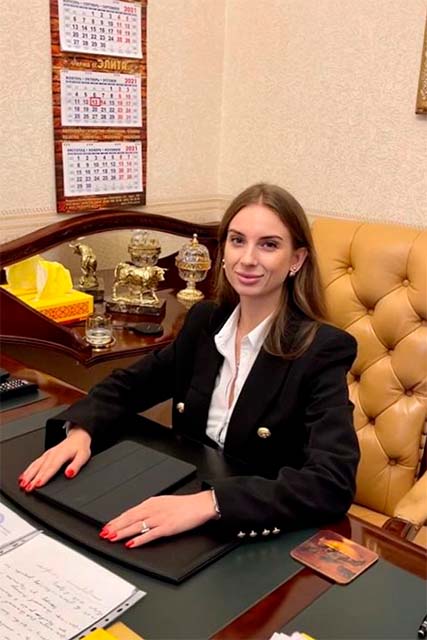Europol
At Human Rights Lawyer, we provide expert legal assistance in navigating issues related to Europol. As the European Union’s law enforcement agency, Europol plays a key role in coordinating investigations and intelligence sharing between EU member states.
Europol, or the European Police Office, is an international law enforcement agency that was established in 1975 to assist member countries in the prevention, investigation, and prosecution of organized crime. The organization operates in 27 European Union countries and Norway, and its mission is to strengthen cross-border cooperation and information exchange among law enforcement agencies. Europol is particularly active in combating drugs trafficking, cybercrime, human trafficking, and other forms of international crime.
What Europol deal with
The European Union’s internal security is increasingly endangered by extensive criminal and terrorist networks, which also threaten the well-being and safety of its citizens. The most significant security risks stem from several critical areas:
1. Terrorism;
2. International drug trafficking and money laundering activities;
3. Organized schemes of fraud;
4. Counterfeiting of the euro currency;
5. Human trafficking operations.
Europol pays close attention to the needs of EU Member States and monitors criminal trends within the EU. The agency assists in investigations started by Member States, but its officers do not have the authority to arrest individuals or initiate investigations. The focus of Europol’s efforts is on crimes that demand a collaborative international response, involving multiple countries both within and beyond the EU. The prioritization of crimes for Europol’s attention is influenced by the European Multidisciplinary Platform Against Criminal Threats (EMPACT).
What is the difference between INTERPOL and Europol?
INTERPOL operates as a global partnership organization for police forces worldwide, while Europol is more concentrated on the European Union and its specific priorities. Both entities emphasize their collaborative, rather than competitive, relationship, highlighted by a cooperation agreement they signed in 2001.
According to Andy Archibald from the National Crime Agency (NCA), “both organizations diligently work to avoid overlapping efforts and instead aim to complement each other’s work. They acknowledge the necessity of an international and partnership-based response.”
Organisational structure
The leadership of Europol is under the direction of an Executive Director, who also serves as the agency’s legal representative. This position is filled through appointment by the Council of the European Union. The current Executive Director of Europol is Catherine De Bolle, who took office in May 2018.
Supporting her are three Deputy Executive Directors, each overseeing a different directorate:
– Jean-Philippe Lecouffe, responsible for the Operations Directorate,
– Jürgen Ebner, in charge of the Governance Directorate,
– Andrei Linta, leading the Capabilities Directorate.
Tasks and activities
Europol, under the EU’s mandate, supports EU Member States in combating international crimes including drug trafficking, human trafficking, intellectual property crime, cybercrime, euro counterfeiting, and terrorism. It acts as a hub for law enforcement cooperation, expertise, and criminal intelligence. However, Europol and its officials lack executive powers, meaning they cannot arrest individuals or conduct investigations without national authorities’ approval.
During its 2016–2020 strategy cycle, Europol focused on combating cybercrime, organised crime, and terrorism, while also enhancing its information technology capabilities. This period followed the 2010–2014 strategy cycle, which established the foundation for Europol as the central hub for criminal information in Europe. The 2017 EU Serious and Organised Crime Threat Assessment (SOCTA) highlighted eight key crime areas: cybercrime, drug production and trafficking, migrant smuggling, organised property crime, human trafficking, criminal finances and money laundering, document fraud, and the online trade of illicit goods and services.
Europol’s detailed activities include analyzing and exchanging information like criminal intelligence, coordinating investigative and operational actions, forming joint investigation teams, preparing threat assessments, strategic and operational analyses, and general situation reports. It also focuses on developing expertise in crime prevention and forensic methods. The agency collaborates with other EU bodies in the area of freedom, security, and justice, including the European Union Agency for Law Enforcement Training (CEPOL), the European Anti-Fraud Office (OLAF), and EU crisis management missions. Additionally, Europol supports the European Council and the European Commission in formulating strategic and operational priorities.


